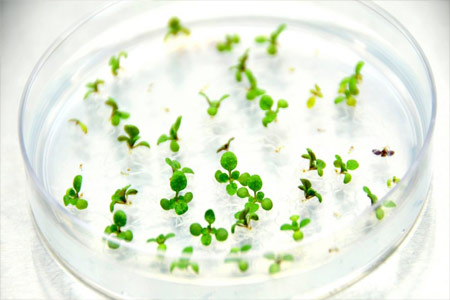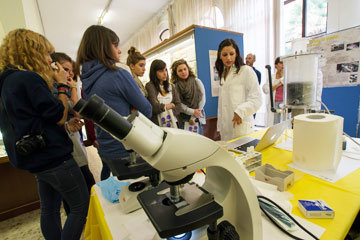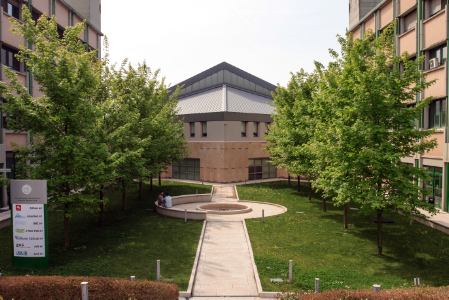Few local grape varieties grown in Valpolicella, contribute to the wines produced in this viticultural area, the most famous of which (namely Amarone and Recioto) are produced after a postharvest dehydration process. These grape varieties are normally grafted on few rootstock genotypes of wide adaptability to the most common pedoclimatic conditions found in the vineyards of the area and characterized by moderate vigor and drought tolerance. Considering that new challenges related to the climate change have recently emerged in Valpolicella, the possibility to cultivate the traditional varieties with the same quality results in the future may require the exploitation of new agronomical solutions such as the adoption of rootstocks with different aptitudes. However, the performances of such rootstocks towards the principal Valpolicella scion varieties are scarcely known and need to be carefully evaluated. Of great importance in this area are some specific quality traits of the grapes at harvest determining their suitability to postharvest dehydration, a relatively long-lasting process taking place in environmentally semi-controlled rooms. The effect of rootstock on such traits are largely unknown. This project aims to evaluate the agronomical and qualitative performances of Valpolicella local grape varieties grafted on 5BB Kober and 140 Ruggeri rootstocks over three seasons in an experimental vineyard set up for this purpose. Agronomical, physiological and grape quality aspects, particularly those related to the postharvest dehydration behaviour of bunches, will be studied.
The results will contribute to improve the knowledge that will help grape growers in the agronomical decisions impacting on the production of quality grapes suitable for postharvest dehydration, in a context of climate change in Valpolicella.







